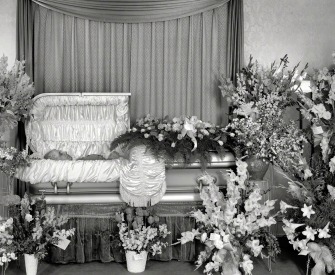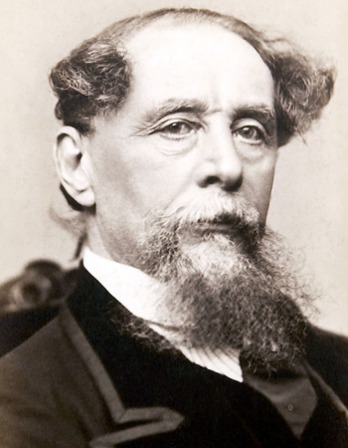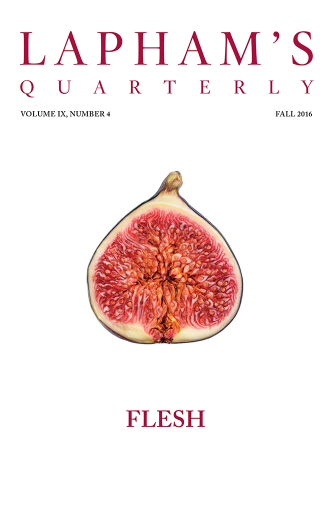
Quintilian
Institutes of Oratory,
c. 93
Institutes of Oratory,
In the first place, all ridicule has something in it that is buffoonish; that is, something that is low, and oftentimes purposely rendered mean. In the next place, it is never attended with dignity, and people are apt to construe it in different senses because it is not judged by any criterion of reason but by a certain unaccountable impression that it makes upon the hearer. I call it “unaccountable” because many have endeavored to account for it—but, I think, without success. Here it is that a laugh may arise, not only from an action or a saying, but even the very motion of the body may raise it; add to this that there are many different motives for laughter. For we laugh not only at actions and sayings that are witty and pleasant but such as are stupid, passionate, and cowardly. It is therefore of a motley composition, for very often we laugh with a man as well as laugh at him.
Our maxim is of use not only to the purpose of an orator but to the purposes of life, which is: never to attack a man whom it is dangerous to provoke, lest you be brought to maintain some disagreeable enmities or to make some scandalous submissions. It is likewise highly improper to throw out any invectives that numbers of people may take to themselves, or to arraign, by the lump, nations, degrees, and ranks of mankind, or those pursuits that are common to many. A man of sense and good breeding will say nothing that can hurt his own character or probity. A laugh is too dearly bought when purchased at the expense of virtue.




